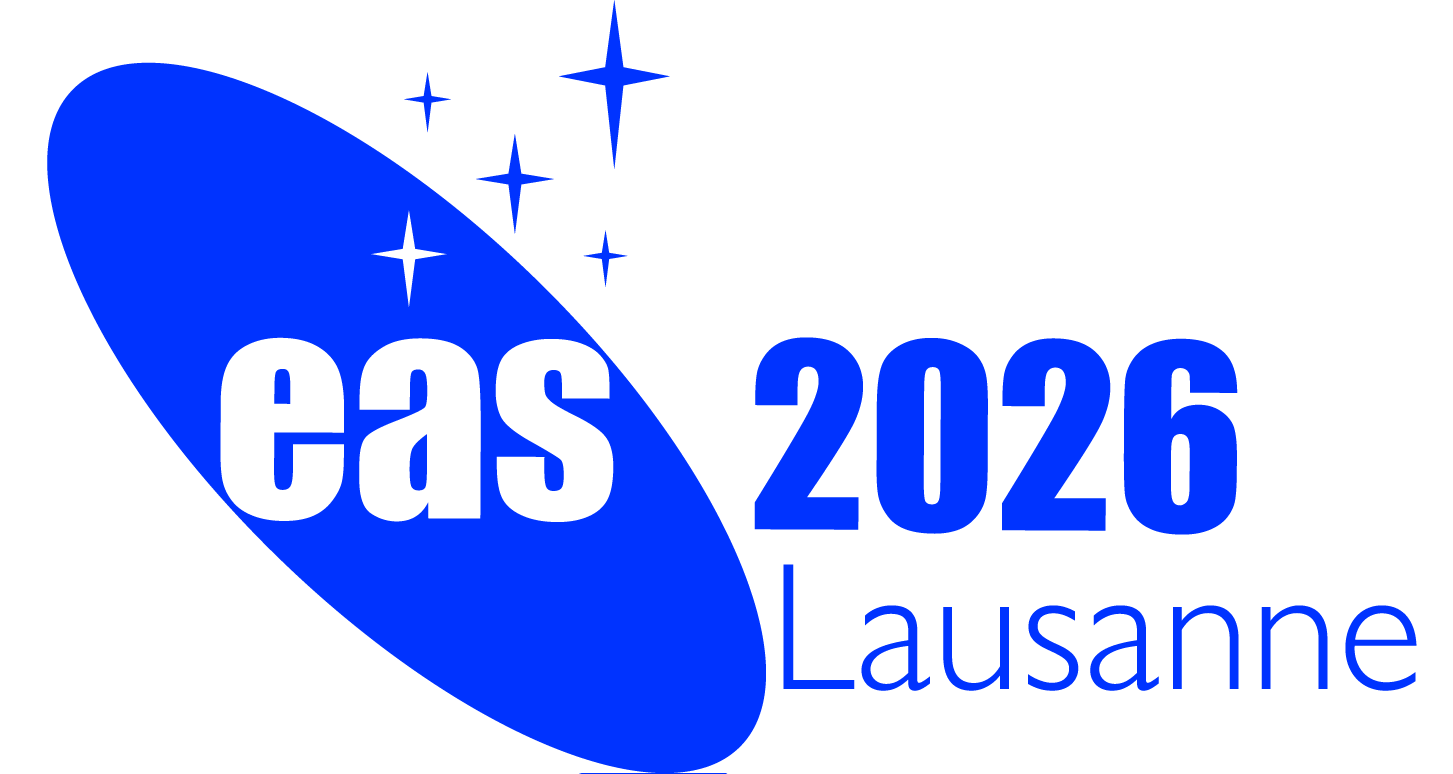
|
Please select a session from the drop-down list below to get detailed information. |
||||||||
|
European Astronomical Society |
|||||||||

|
Please select a session from the drop-down list below to get detailed information. |
||||||||
|
European Astronomical Society |
|||||||||